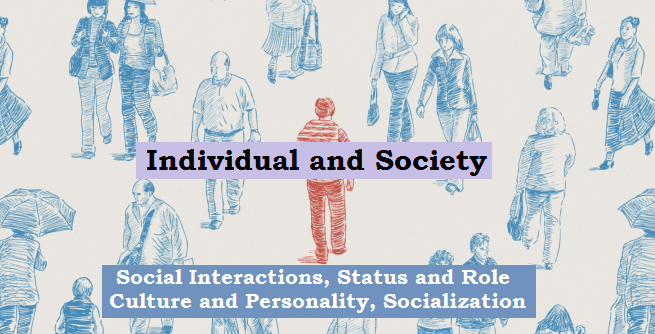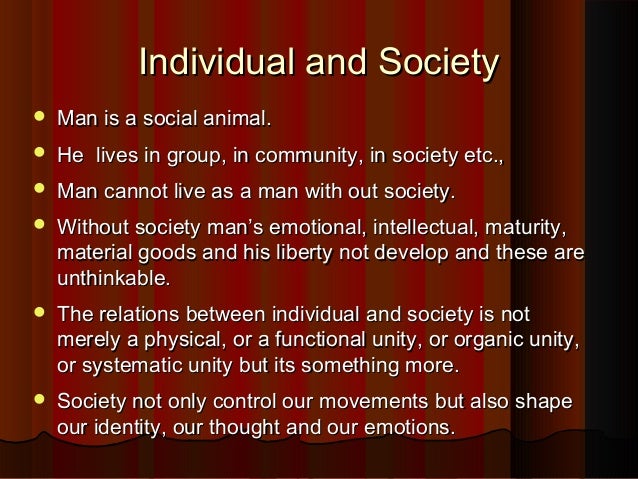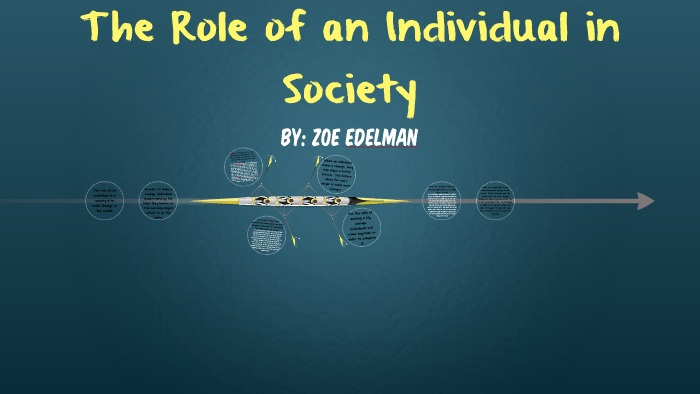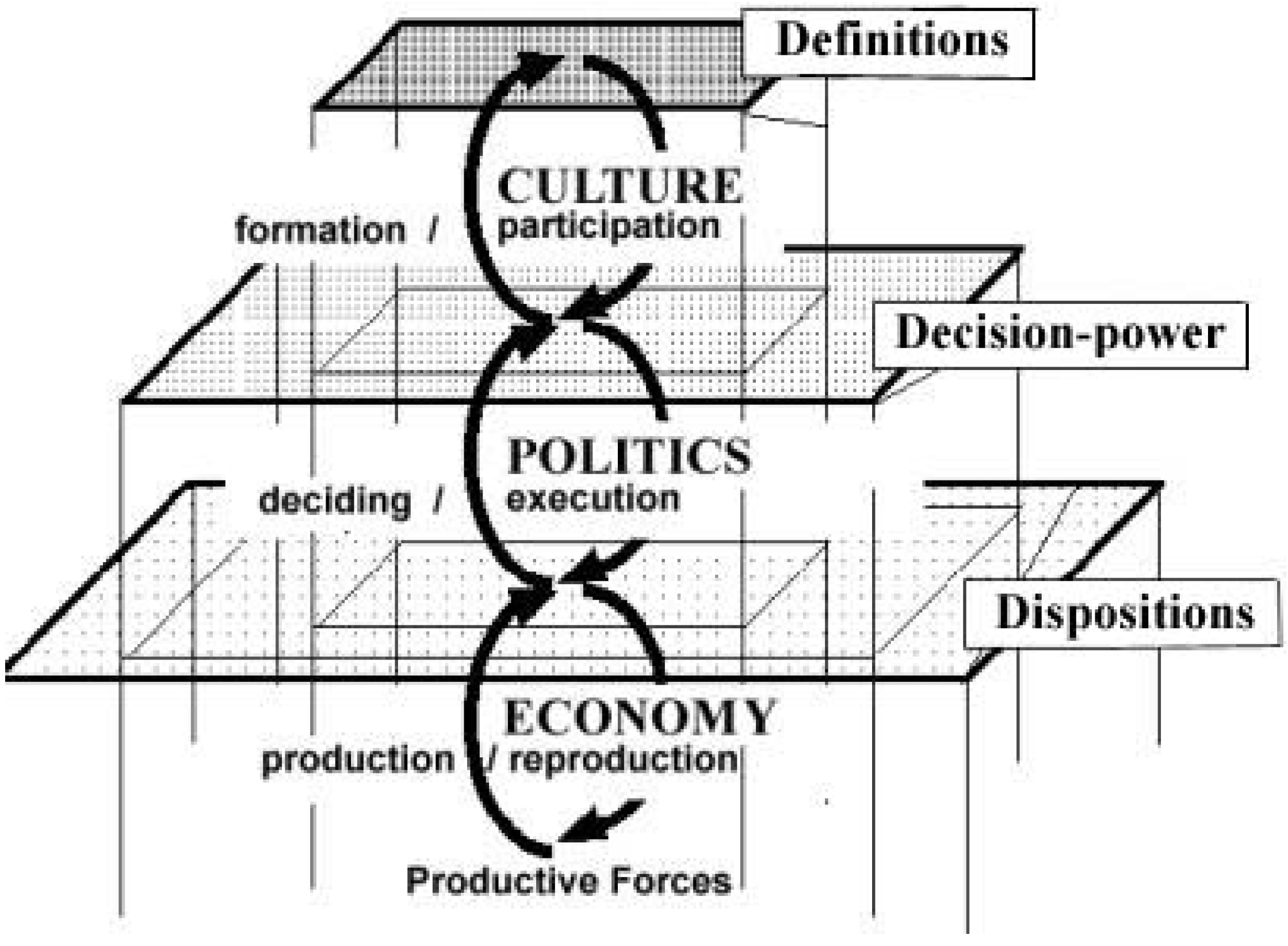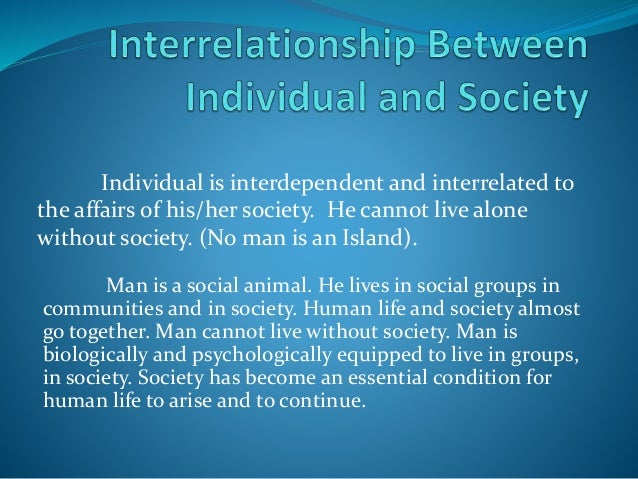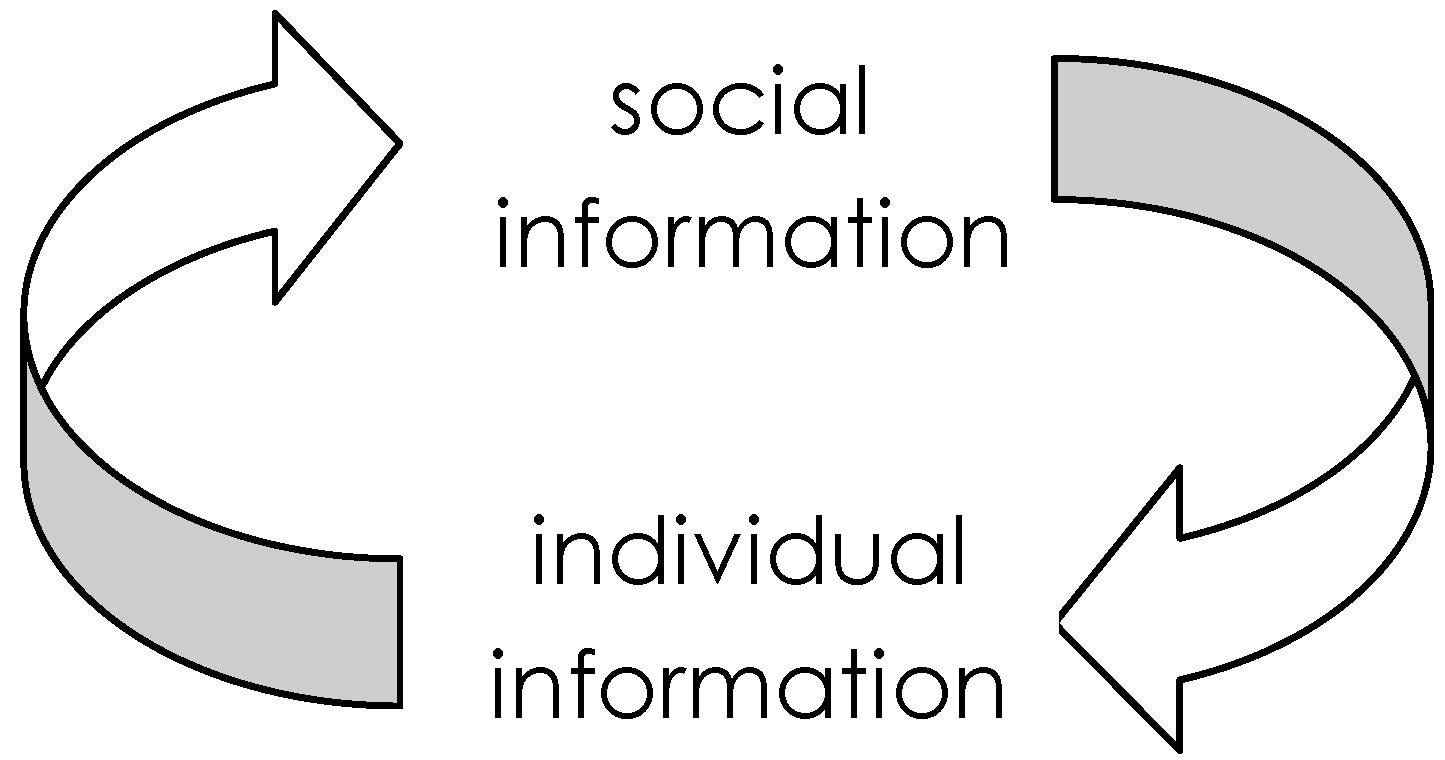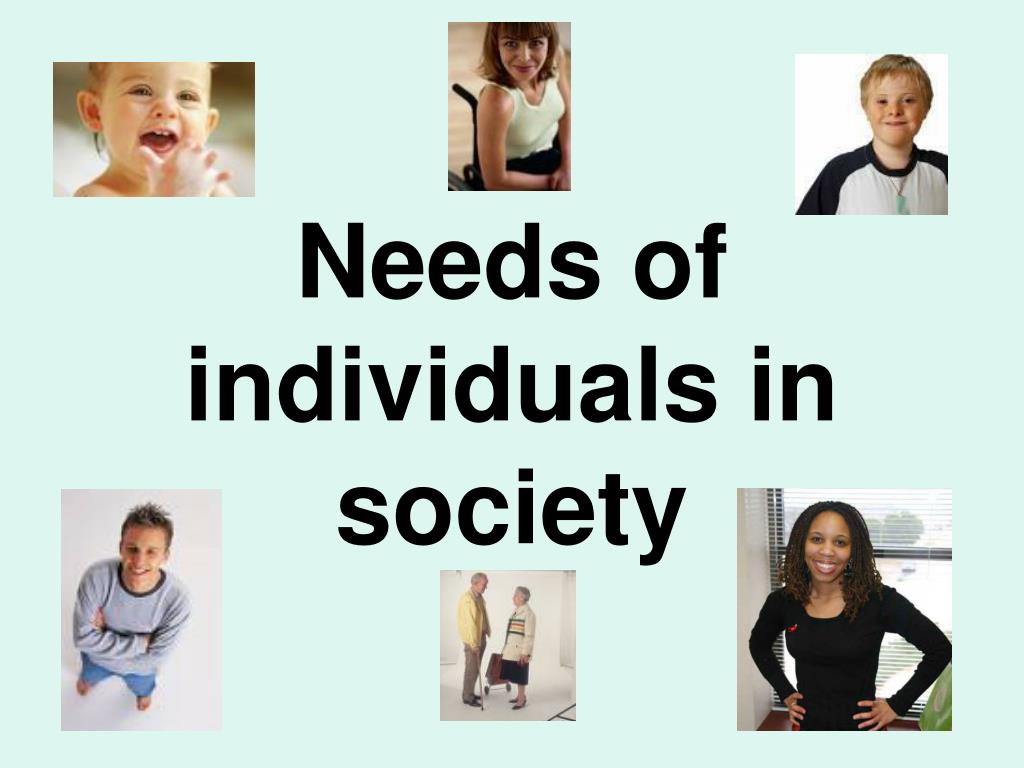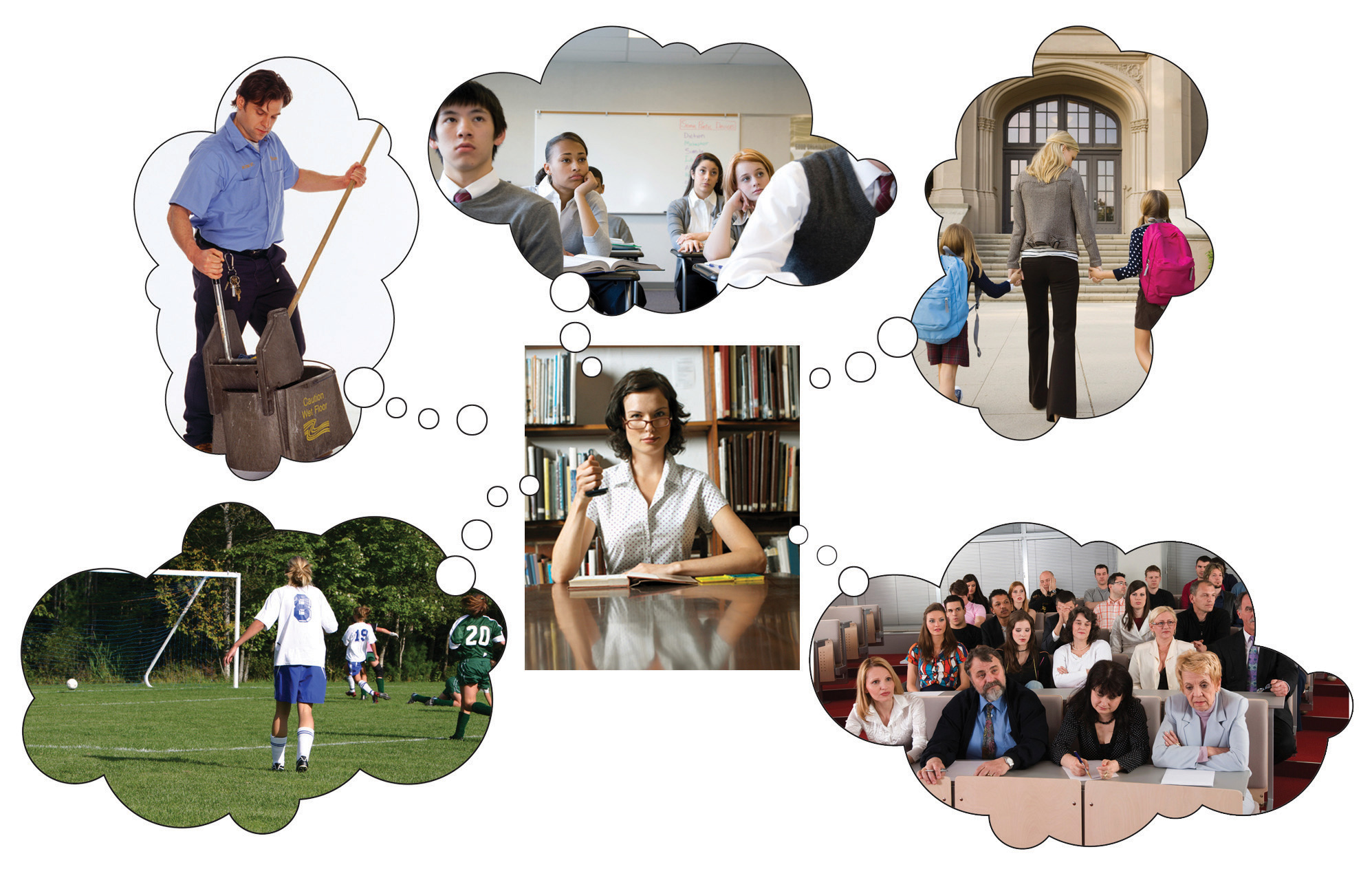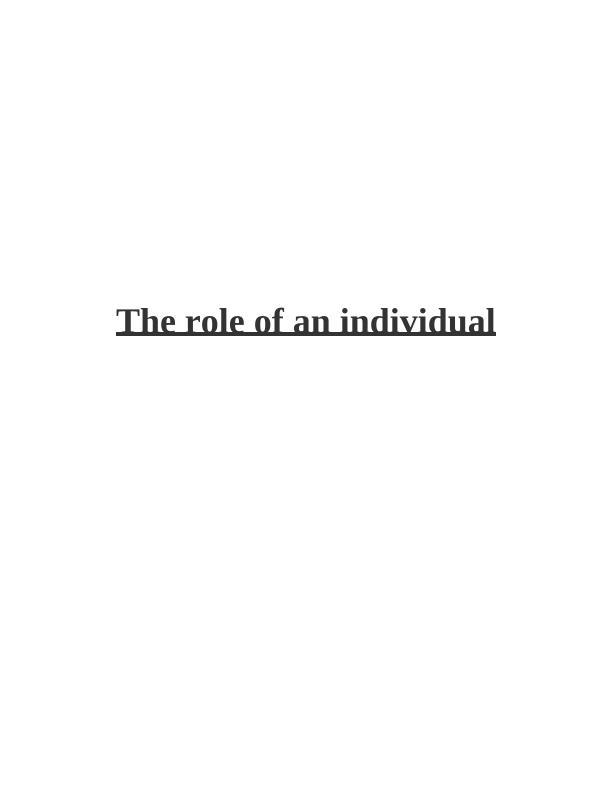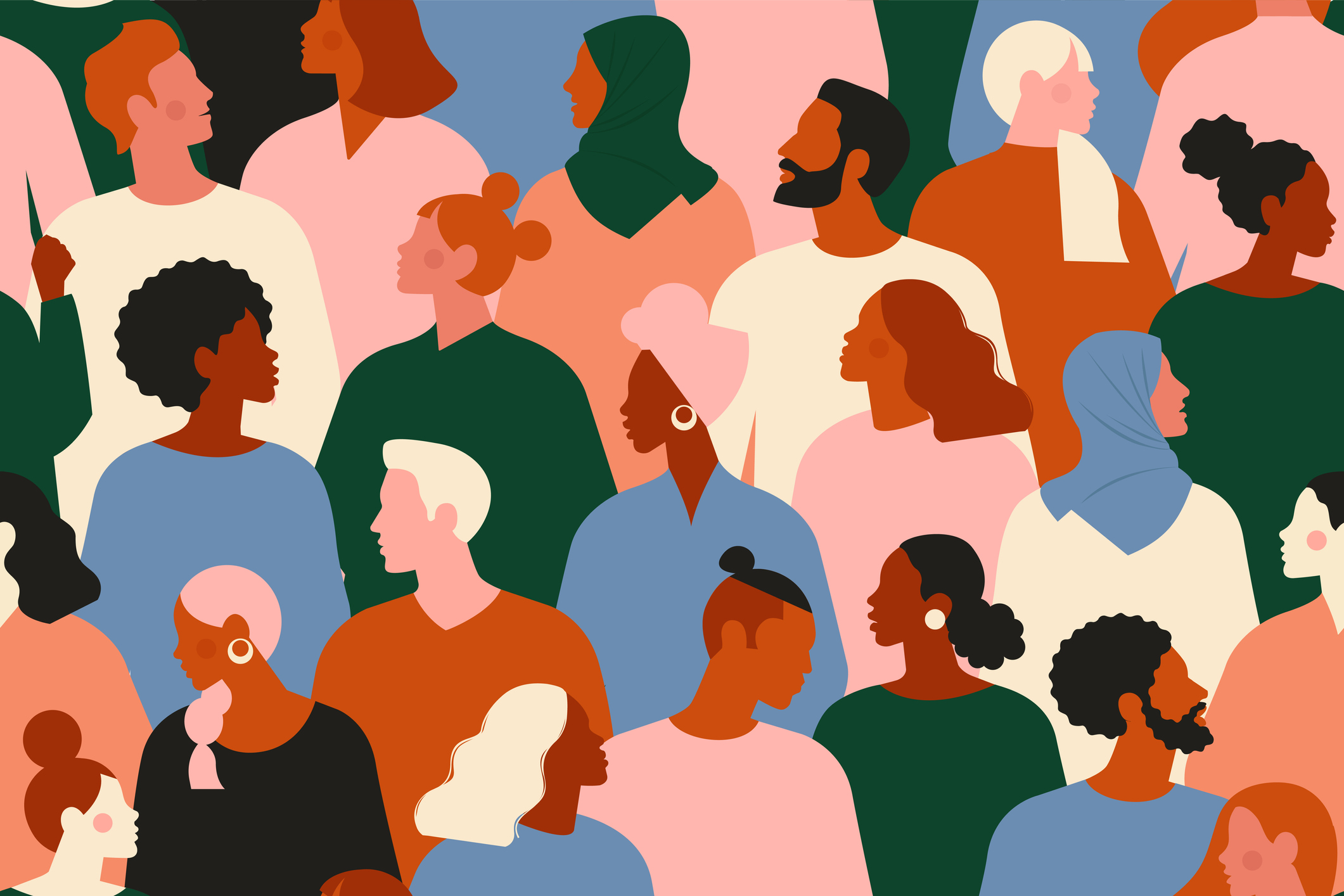The Role Of The Individual In Society
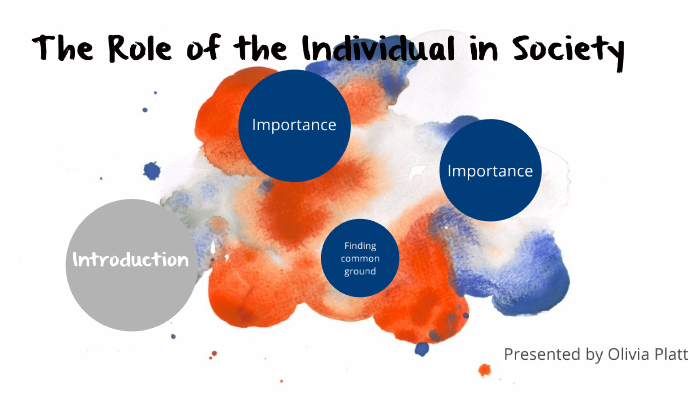
The relationship between the individual and society is a cornerstone of political and social discourse, a dynamic interplay that shapes laws, norms, and the overall trajectory of human progress. Examining this relationship reveals the multifaceted responsibilities and influences each individual wields, impacting not just their immediate surroundings but the broader global landscape.
Understanding the individual's role within society is crucial for fostering active citizenship, promoting social cohesion, and ensuring the well-being of communities worldwide. This complex interaction involves personal responsibility, civic engagement, and the constant negotiation between individual freedoms and collective welfare.
Individual Rights and Responsibilities
At the heart of this interaction lies the concept of individual rights. These rights, enshrined in constitutions and international declarations like the Universal Declaration of Human Rights, guarantee freedoms such as speech, assembly, and religion. Protecting these rights is a fundamental obligation of any just society.
However, with rights come responsibilities. Individuals are expected to respect the rights of others, obey the law, and contribute to the common good. This balance ensures that individual freedoms do not infringe upon the well-being or security of the community.
Civic Engagement and Participation
Active participation in civic life is a critical component of an individual's role in society. This includes voting, participating in public discourse, and engaging in community initiatives. Such actions shape policy and influence the direction of society.
According to a 2020 report by the Pew Research Center, civic engagement varies widely across different demographics and regions. Factors such as education, income, and access to information significantly influence an individual's likelihood of participating in civic activities.
Moreover, individuals contribute to society through their professional endeavors, creativity, and innovation. Entrepreneurs create jobs and drive economic growth, artists challenge perspectives and inspire change, and scientists develop solutions to pressing global challenges.
The Impact of Social Norms
Social norms, the unwritten rules that govern behavior within a group or society, also play a significant role in shaping the individual's interaction with the larger community. These norms influence everything from personal interactions to political discourse.
While norms can provide structure and predictability, they can also perpetuate inequalities and limit individual expression. Challenging unjust or harmful norms is often a necessary step towards social progress.
For instance, the fight for civil rights in the 20th century involved challenging deeply entrenched social norms related to racial segregation and discrimination. Individuals like Rosa Parks and Martin Luther King Jr. played pivotal roles in this transformation by actively defying discriminatory practices and advocating for equality.
The Digital Age and Individual Influence
The advent of the digital age has amplified the individual's capacity to influence society. Social media platforms enable individuals to connect with like-minded people, share information, and organize collective action on an unprecedented scale.
However, this increased connectivity also comes with challenges. The spread of misinformation and the polarization of online discourse can undermine trust in institutions and exacerbate social divisions.
Individuals must therefore exercise critical thinking skills and engage responsibly with online information. They must be able to distinguish credible sources from misinformation and engage in respectful dialogue with those who hold differing views.
Ultimately, the individual's role in society is not static but rather an evolving concept that adapts to changing social, economic, and technological conditions. By understanding the interplay between individual rights and responsibilities, engaging actively in civic life, and navigating the complexities of the digital age, individuals can contribute to building a more just and equitable society for all.
